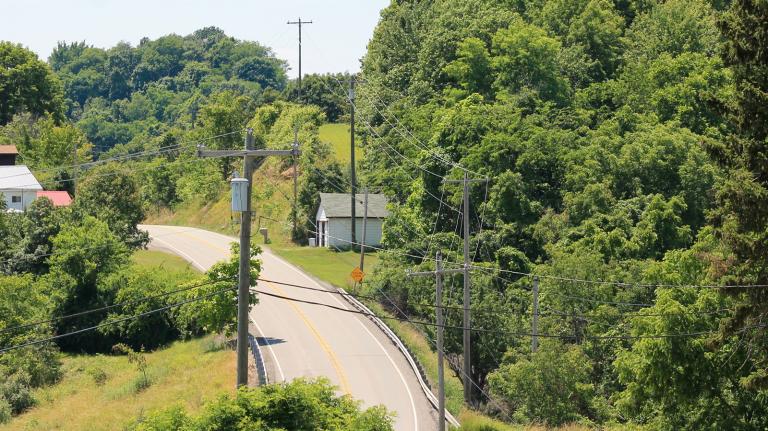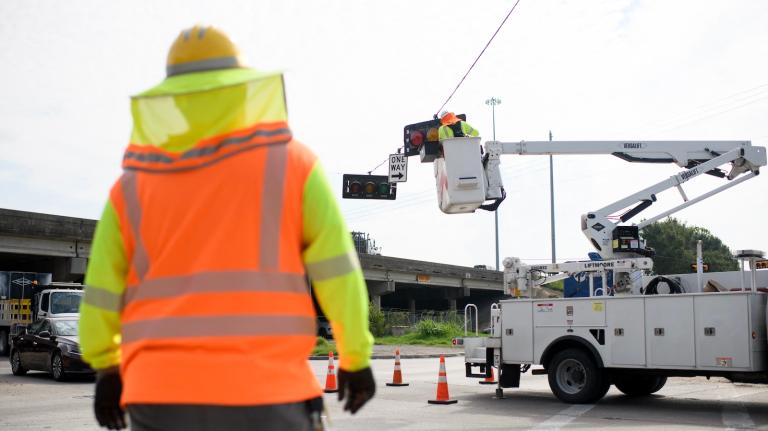This story was originally published by Mother Jones and is reproduced here as part of the Climate Desk collaboration.
The practice of drilling into the ground to release natural gas — known as hydraulic fracturing or fracking — first made national headlines in 2011 when drinking water taps in fracking towns in Pennsylvania began catching fire because flammable methane was seeping into water supplies.
Since then, fracking has been linked to earthquakes in Oklahoma and a myriad of health issues. Proponents of fracking say the practice has reduced energy costs and has created thousands of jobs. But environmental groups, such as the Natural Resources Defense Council, say that for people living near sites, fracking can have severe health affects such as respiratory illnesses and cancer.
A new study from the journal Science Advances found that infants born to women living near fracking sites in Pennsylvania were especially vulnerable to adverse health outcomes. “As local and state policymakers decide whether to allow hydraulic fracturing in their communities, it is crucial that they carefully examine the costs and benefits,” said Michael Greenstone, a coauthor of the study and the director of the Energy Policy Institute at the University of Chicago, in a press release. “This study provides the strongest large-scale evidence of a link between the pollution that stems from hydraulic fracturing activities and … the health of babies.”
The researchers analyzed vital statistics of more than 1.1 million births in Pennsylvania between 2004 and 2013. They studied infants born to women living 1 kilometer (or slightly over half a mile) away from fracking sites, as well as women living within 3 kilometers (or less than 2 miles), and women living between 3 to 15 kilometers (or less than 2 miles to 9 miles) away.
They found that fracking reduces the health of infants born to mothers living within 3 kilometers from a fracking site. But for mothers living within 1 kilometer, the affects were acute. The probability of low infant birth weight, meaning the infant weighs less than 5.5 pounds, increased to 25 percent.
Studies show that low birth weight can lead to infant mortality, asthma, lower test scores while school-age, and lower earnings as adults. The study also found that mothers whose babies may have been exposed to nearby fracking sites tend to be younger, less educated, and less likely to be married — factors that can also lead to poor infant health.
But there are significant differences between the mothers who give birth close to fracking sites and those who don’t. Black mothers included in the study were more likely to live nearest to fracking sites, exposing their infants to higher risks of pollution. “This difference arises because over time, more wells were drilled near urban areas such as Pittsburgh, where higher numbers of African Americans live,” the authors wrote. Allegheny County, where Pittsburgh is located, has 63 active fracking wells. Many other fracking sites are located in lower-income communities.
Nationwide, between July 2012 and June 2013, as many as 65,000 infants were exposed to pollution from fracking, because their mothers lived within 1 kilometer of a fracking site.
“Given the growing evidence that pollution affects babies in utero,” said coauthor Janet Currie, who is a economics and public affairs professor at Princeton University, “it should not be surprising that fracking has negative effects on infants.”




